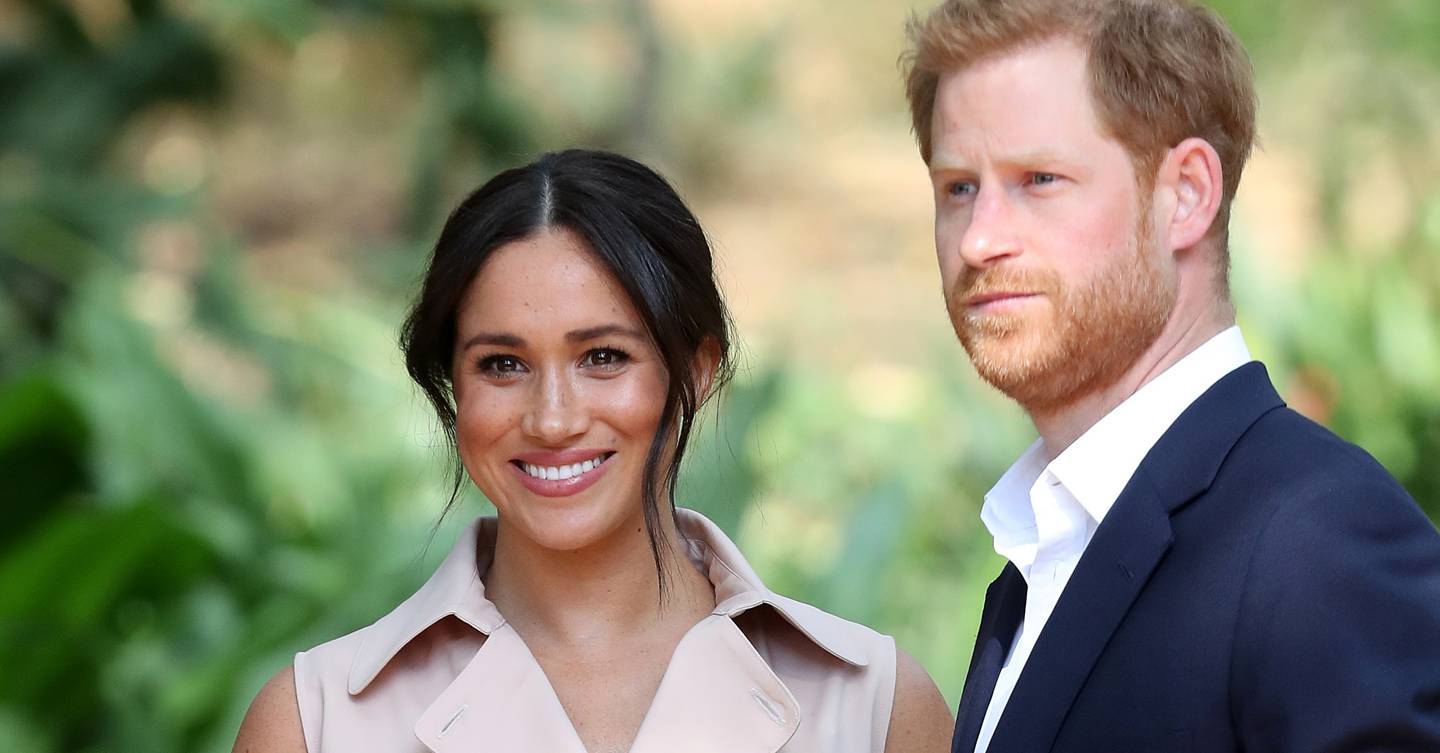Last week, we were treated to the first explosive extracts of Omid Scobie and Carolyn Durand’s royal biography, Finding Freedom (out 11 August). It’s revelations of a schism in the royal family, between the Sussexes and…everyone else, has reopened the gaping wound that is Harry and Meghan’s royal departure.
What was interesting about the claims in the book, was how sharply they deviated from – and, in actual fact, at times directly refuted – the narrative we were fed throughout in the tabloids. Instead of the ‘duelling Duchesses’, we were told of the entrenched divisions between the two brothers, William and Harry, instead of Meghan making Kate cry, we discover that – in fact – no one cried. Instead of Meghan dragging Harry to California, we hear that it was the Prince, in fact, who wanted a firm line drawn between them and royal life: no trial period, a clean break.
Yet, despite all this, we are once again, piling on Meghan. Our assumption remains that this is all completely and utterly her fault.
I’m starting to wonder if we all think she is some sort of malignant presence, a la the sea in The Little Mermaid, intent on bewitching our beloved ginger royal’s heart whilst insidiously draining him of his autonomy and spiriting him away to the ocean (Los Angeles).
Yet I’m not surprised we think this at all. Meghan has merely neatly slotted herself into a tired and yet firmly ingrained mould of the high profile wife which has dominated our collective consciousness for centuries.
I call it The Marie Antoinette Effect.
Back in the French Revolution of 1789, no one really blamed the ACTUAL King for the systemic inequalities in France. My, how scandalous! Blame the man in charge? No, instead, a mob with flaming torches stormed Versailles looking for…his wife. Because why blame the man, when you can scapegoat the woman?
The indelible cultural imprint that revolution left means that, even if you snoozed through history lessons and know nothing about the real reasons this seminal moment in the 18th century actually occurred; you’ll probably have heard of Marie Antoinette, and her famous quote: ‘let them eat cake.’
The saying was one of the earliest examples of ‘fake news’ (she never actually said that) and the power of a nasty media campaign that has dominated our view of this woman – over two hundred years later.
In 2251, do you imagine we will attribute the crumbling of the British monarchy to Meghan-Antoinette? I’m beginning to think so.
Before it was Marie-Antoinette, dozens of famous historical queens. The 15th century queen Elizabeth Woodville (a witch!), Henry VIII’s second wife Anne Boleyn (a church-changing-adulterer!) and Charles I’s queen Henrietta Maria (a French spy!) were all made targets for their royal husband’s unpopularity. The archetype is so well-worn by now. Behind a prominent man who does wrong, or makes what we perceive as an uncharacteristic or unpopular move; there is probably a woman we can blame for it.
We do this not only to royal women, but to any woman. Think of Jeffrey Epstein and how much more magnified our collective hatred has been for Ghislaine Maxwell, the woman at his side. Think how much the public came for Hillary Clinton for the sins of her husband. Cherie Blair was more vilified than her husband, even Michelle Obama received more vitriol than Barack when he ran for president.
From Eve and Lady Macbeth to Marie-Antoinette and Meghan Markle; for some reason – let’s call it centuries of institutionalised misogyny- we swerve the man as target, and shoot straight for the woman.
The most natural comparison to Meghan, of course, is Wallis Simpson- another American divorce, blamed for de-throning an English prince.
In her case, this was quite literal. Instead of abandoning her, Edward VIII abdicated his throne in 1936, became the Duke of Windsor and effectively exiled himself in Paris. The couple lived happily-ever-after, but were forever (as viewers of The Crown can attest) a controversial shadow over the royal family. Wallis especially.
It seems history is repeating itself with Harry and Meghan. Intriguingly, much the same way as Wallis was allegedly referred to by the Queen as “that woman”, so we hear claims that William told Harry to take things slow with Meghan- calling her “this girl.” All the ill-will that has now built up around Harry and his family, which we as the British public have naturally elbowed ourselves into, has therefore been squarely blamed on “this girl.”
Meghan is Wallis 2.0. Her arrival on the scene is said to have “emboldened” Harry’s decision to leave, but it’s quite obvious the seeds were there to begin with. Open about his mental health battles, his hatred of the press, his difficulty with the confines of royal life; we always knew Harry was a flight risk. But instead of allowing this man – who has clearly struggled with his role and was desperate to forge a new one – autonomy over this choice, we are content to reduce him to the bewitched Prince Eric, the hapless Louis XVI, the de-throned Edward VIII- just another puppet for the nefarious schemes of his wife.
Meghan may have been doomed from the start; ‘othered’ for being a celebrity, American and- of course- biracial. The sly digs at her not quite understanding “the way things are done” in Britain, was just the tip of an iceberg of racial and xenophobic micro-aggressions levied against her. Yet the Meghan witch hunt was perhaps orchestrated, not as a consequence of those things, but because it was simply easier to make her ‘Meghan Antoinette’ than admit that it was our home-grown British prince, Harry himself, who didn’t want to stay.
That, in fact, it was nothing to do with her at all.
